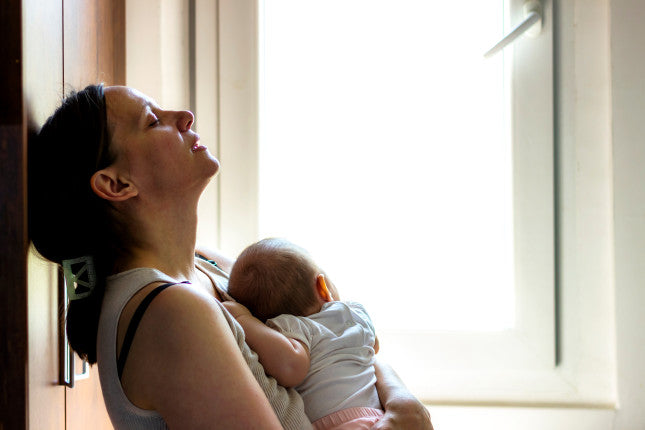Here at BOAS our goal is to help Mothers get access to the best children’s and baby products all in one place, to make their lives easier.The reality is that mothers go through substantial life changes in having children which can be taxing to one’s mental health. New mothers can experience post-natal depression, anxiety, decreased self-esteem, and a long list of other mental health issues.
We understand that you as a mom cannot do your best if your mental health is at stake. In honour of mental health day that was on Monday the 10th of October, we want to ensure that new moms feel supported and aware of what to do if their mental health is declining during this mental health month. You aren’t alone and we want you to have the resources you need! Here are 5 Tips we suggest:
- Connect with Other Moms: Seek out Mom groups in your community or online. Social Media such as Facebook can be a good way to find groups. Alternatively, Postpartum Support International (IPS) can help you find groups near you or they offer private online communities. This can be a great way to learn from moms who are at the same stage as you and may be doing something differently or from moms who have done this before.
- Invest in Yourself: You aren’t selfish for needing time for yourself. Effective parenting cannot be done from an empty cup. Schedule time for YOU. Do activities you love, schedule time to do nothing, and refresh. You can identify your support system and use them to make time for yourself. Look at self-care differently and do things you can fit into your schedule like reading, listening to podcasts, and exercising at home.
- Reduce Your use of Social Media: Social Media can be a detriment to your mental health. It is a place where we compare ourselves and our lives to others. You are doing your best, comparing yourself to another mom who may be in a different situation, won’t help you. Social Media may decrease your confidence as a mother or as a woman and make you feel like you aren’t doing enough. Take a break from social media to focus on how YOU want to parent and take care of yourself.
- Know the signs of a Mental Health issue: If you know the signs of common mental health issues with mothers, you will be able to seek support quickly should you need it. You can talk to your doctor/GP about symptoms that are common. Common symptoms of post-partum depression are: feeling extremely sad; sleeping too little or not at all; losing interest in your usual hobbies; feeling irritable.
- Seek Help from a professional: Most new mothers tend to seek help from family members and loved ones. Although these people in our lives are great for support and can be there when we are in need of help, when your mental health has severely declined, professional treatment is crucial. Thanks to innovative people and technology, seeking talk therapy treatment is accessible via routes such as @betterhelp or @talkspace where you can engage with licensed professionals via text or video calls to easily fit into your schedule. Additionally, we recommend IPS again, as they provide education and resources. They are available on www.postpartum.net where you can be connected with a support volunteer or you can join their peer mentorship programme.








